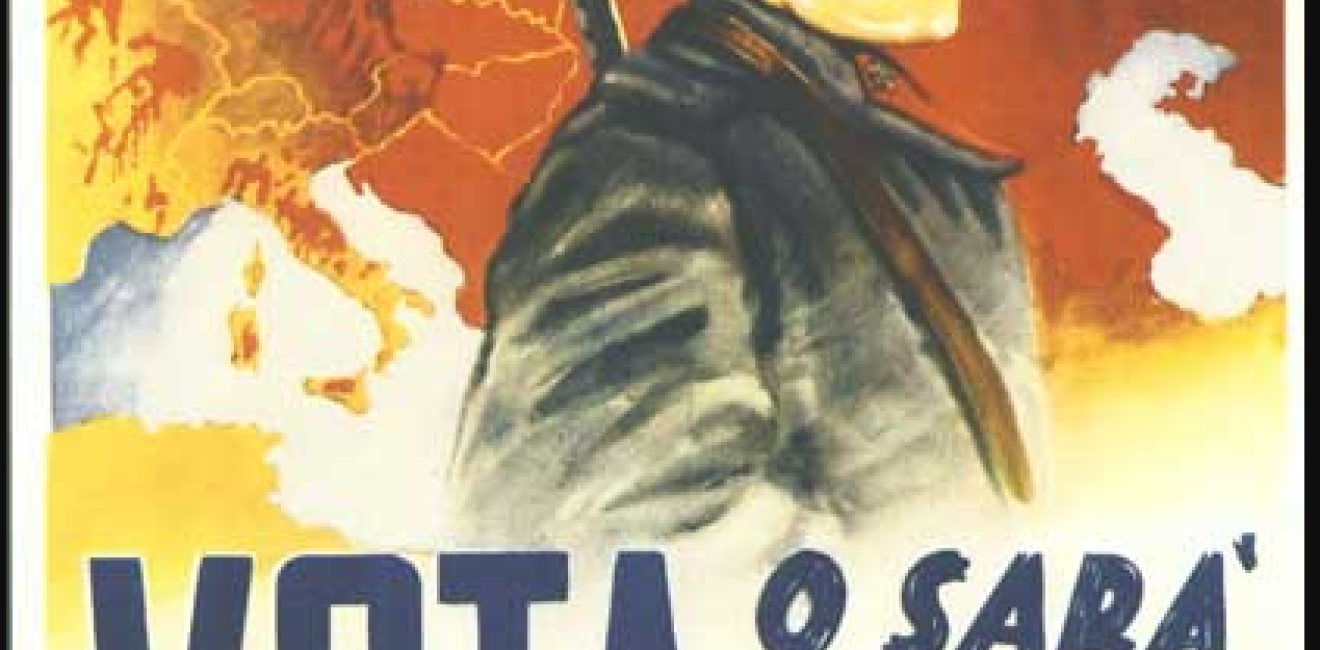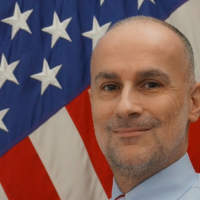New Documents on the American Intervention in Italy’s Parliamentary Elections of 1948
The Italian parliamentary elections of April 18, 1948, pitted Rome’s pro-Western government against a communist-dominated Popular Front. As numerous studies have shown, the American embassy, the CIA, and other US organizations intervened heavily in favor of the government and its allies during the election campaign. These measures ranged from covert financial support, to public statements by US officials, linking American economic aid to an electoral defeat of the Popular Front.
Yet American efforts did not stop there. Recently discovered documents at the National Archives at College Park, Maryland, reveal that US Army intelligence officers contemplated an operation that went well beyond electoral support of anti-communist groups.
Reports from Italy in early 1948 pointed to the likelihood of a Popular Front victory at the polls, setting off alarm bells in Washington. On March 8, the National Security Council – the organization tasked to coordinate US national security policy among the armed forces, the State Department, and the CIA – recommended that American agencies escalate their anti-communist operations “by all feasible means” (NSC 1/3). Specifically, the directive called for measures “to minimize the effects” of a communist electoral victory, and for providing financial and military assistance to “the anti-Communist Italian underground” in the event of a Popular Front victory.
Five days later, on March, 13, 1948, the director of the US Army’s Intelligence Division at the Pentagon, Lieutenant General Stephen J. Chamberlin, instructed American military attachés from eight European capitals to meet with one of his subordinates, Colonel Riley F. Ennis, for a conference in Frankfurt am Main in Germany on March 24. Officially, Ennis came to Europe to discuss intelligence matters pertaining to Soviet activities in Germany, but he also had a special assignment for the Army’s representative to Rome, Colonel John M. Willems.[1]
In Frankfurt, Ennis took Willems aside, and handed him a memorandum from the Intelligence Division, detailing the Army’s contingency plan in the event of a communist takeover in Italy. As Ennis explained, Willems was to reach out to elements in the Italian military who would be willing to counter a communist government. Though Ennis’ original memo has not been found, Willems’ response suggests that the Intelligence Division was planning the encouragement of and support for a coup d’état by the Italian military. Ennis even gave Willems the name of an Italian “leader” who should be enlisted to head this operation.
Back in Rome, Willems discussed the memorandum with the “most important officials” at the embassy. They viewed the project “as possessing extremely grave implications, carrying with it [the] probability [of] plunging Italy into [a] bloody civil war and seriously hazarding [the] start [of] World War III.” But since the scheme represented a “final though desperate action to hold Italy for [the] western bloc,” they did not want to discard it, and Willems recommended “immediate exploration.” Based on his discussions at the embassy, Willems suggested contacting not only military officers but also anti-communist politicians, a step that would increase the chances of success. He also dismissed the leader suggested by Ennis. While “professionally competent,” Willems argued, Ennis’ candidate did not possess the necessary “personality, broad popular appeal and national greatness.”[2]
In the following weeks, Willems approached several top Italian army officers, including the chief of staff, the chief of operations, and the chief of military intelligence. On April 18, the day of the elections, he informed Chamberlin that the Italian military had been “thinking” about the eventualities of a Communist takeover. By early April, however, a Popular Front victory at the polls seemed unlikely, and the Italian military had become more concerned about a communist uprising (“internal disorders”) and the possibility of a Soviet or Yugoslav invasion of northern Italy in the wake of the election. The Italians therefore sought to use the secret channel established by Willems to ask for assurances of US military support against external aggression.[3]
In the end, none of these contingencies materialized. The Popular Front lost the elections, the Communist Party did not mount an insurrection, and neither the Soviet Union nor Yugoslavia launched an invasion. The Army’s plans for countering a Communist takeover in Rome became obsolete, and were shelved. Nevertheless, the recently discovered documents show how seriously the Army took the threat of a Communist Italy, and how far Army intelligence officers were willing to go to counter it.
[1] Msg, Chamberlin to headquarters, European Command, 13 Mar 1948, folder “15. To: Consolidated Outgoing 96000-97999 (2-15-48 – 3-19-48),” Assistant Chief of Staff, G-2 (Intelligence), “Top Secret” Incoming and Outgoing Cables, 1942-52, RG 319, NA.
[2] Msg, Willems to Chamberlin, Ennis, 30 Mar 1948, folder “Italy 1948,” Assistant Chief of Staff, G-2 (Intelligence), “Top Secret” Incoming and Outgoing Cables, 1942-52, RG 319, NA.
[3] Msg, Willems to Chamberlin, 18 Apr 1948, ibid.







